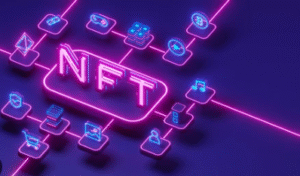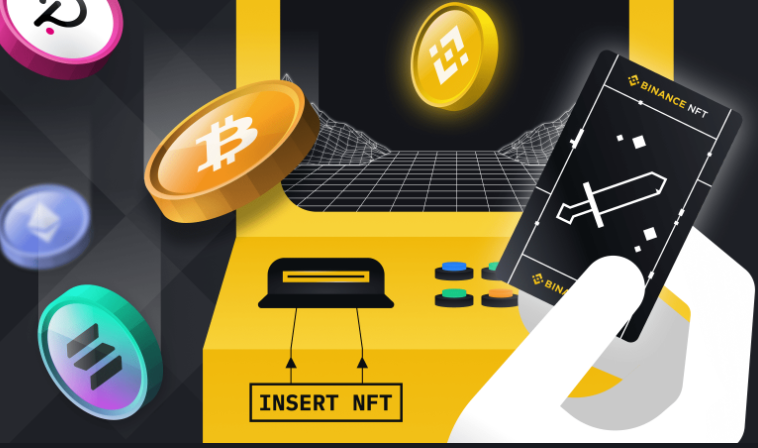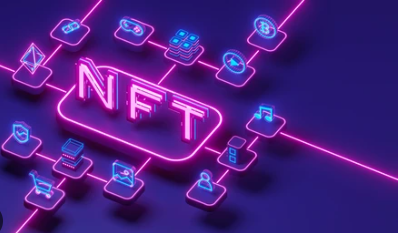Blockchain and NFTs in Gaming: The Revolution of Digital Ownership
Blockchain gaming has transformed significantly Tiranga game over the years. In the past, players simply bought a game and played it.
Today, blockchain technology and NFTs (Non-Fungible Tokens) have revolutionized gaming by introducing real digital ownership, tradeable assets, and the potential to earn money through play.

Understanding Blockchain and Its Role in Gaming
Blockchain is a decentralized, secure technology that records data in an immutable manner. Think of it as a digital ledger where every transaction or ownership record is permanent and cannot be altered. This makes it ideal for tracking in-game assets.
Traditionally, players purchased skins, weapons, and collectibles that remained locked within the game. If the game shut down, all purchases were lost. Eliminates this issue by ensuring players truly own their in-game items. Even if a game like Diuwin Game ceases operations, users can retain and possibly use their digital assets in other games.
NFTs in Gaming: A New Era of Ownership
NFTs are unique digital assets stored on a blockchain. They can represent characters, weapons, virtual land, or rare skins in a game. Unlike traditional in-game items, NFTs provide real ownership, meaning players can:
- Keep their items indefinitely
- Sell them to other players
- Use them in multiple games
For example, winning a powerful sword in a game as an NFT means it’s yours forever, tradeable, and usable beyond a single gaming platform.
Types of Blockchain-Based Games
The gaming industry is rapidly integrating blockchain and NFTs across various genres:
- Play-to-Earn (P2E) Games
- Games like Axie Infinity and The Sandbox allow players to earn money through gameplay. The more time invested, the greater the rewards.
- Trading Card Games
- Titles like Gods Unchained use NFTs for digital trading cards, which can be bought, sold, or exchanged like physical ones.
- Virtual Worlds & Metaverse Games
- Games such as Decentraland and The Sandbox let players purchase land and develop unique experiences. Okwin app These virtual lands are NFTs, meaning they have real-world value.
- Racing & Sports Games
- Blockchain games like Revv Racing and Zed Run feature NFTs representing cars or horses that can be raced for rewards.
- Color Prediction Games
- Games such as Jalwa Game leverage blockchain for transparency and fairness, ensuring that results cannot be manipulated.
How Blockchain Enhances Gaming
- True Ownership
- Previously, game publishers retained control over all in-game items. Blockchain gives players full ownership, allowing them to trade, sell, or use assets freely.
- Secure Transactions
- Blockchain ensures transactions are recorded permanently, making it impossible for fraudulent exchanges to occur.
- Earning Potential
- Play-to-earn models enable players to monetize their gaming experience, which is particularly beneficial in regions where gaming can serve as a full-time income source.
- Interoperability
- Allows NFTs to be used across multiple games, meaning a sword won in one game could be carried over to another title.
- Transparency in Color Prediction Games
- Traditional online games often lack fairness. Guarantees transparency, preventing any alterations to game outcomes.
Challenges in Blockchain Gaming

Despite its advantages, blockchain gaming faces several obstacles:
- High Costs: Some NFTs can be incredibly expensive.
- Slow Transactions: Blockchain networks may experience delays in processing trades.
- Learning Curve: Many players are still unfamiliar with blockchain and NFT technology.
Conclusion
And NFTs are reshaping the gaming landscape by introducing real ownership, secure trading, and financial opportunities. Jalwa lottery Whether through play-to-earn games, virtual worlds, or color prediction games, creates a more transparent, fair, and engaging gaming experience.
As blockchain gaming advances, players will own digital assets just as they own physical goods. The era of gaming where players don’t just play—but own what they earn—is here!
